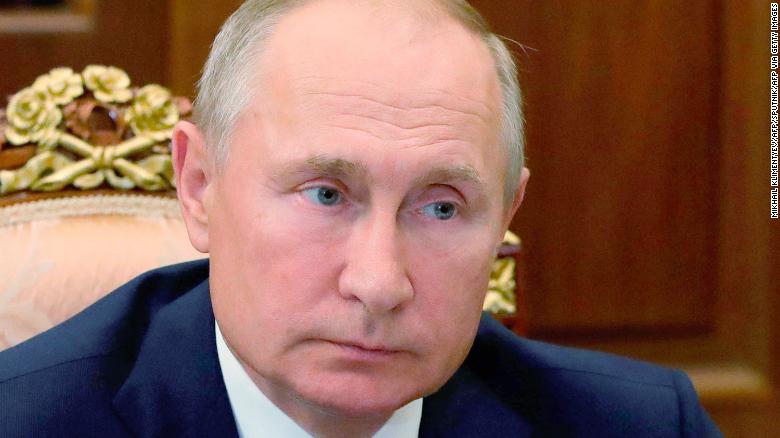Moscow Russian lawmakers submitted a draft bill that could grant former presidents lifelong immunity from criminal prosecution beyond their terms of office, state-run news agency TASS reported Thursday.
Such a bill would give current President Vladimir Putin protection from prosecution if and when he decides to leave office.
Under current Russian law, presidents cannot be prosecuted for crimes committed while in office. The proposed change seeks to extend the immunity beyond their terms of office so it would apply to offenses committed in the president’s lifetime.
It was submitted by a parliamentary group that assessed Putin’s controversial constitutional amendments earlier this year.
“After the expiration of his term of office, such person has the right to count on the level of protection and legal guarantees that is not lower than those provided to him while he exercised presidential powers,” senator Andrey Klishas, the group’s co-chair which submitted the bill, told TASS.
“This order acts as a guarantee against unjustified persecution of the former head of state and recognizes the importance of his role in the general system of public authority.”
The legislation has to go through three readings in the lower house of the Russian parliament, a review in the upper house, and then be signed by Putin to come into force.
Immunity
Among the first decrees Putin signed when he first came into office in 2000 was a document granting immunity to former president Boris Yeltsin, who stepped down and picked Putin as his successor.
The new bill also complicates the process of revoking immunity by requiring the indictment of high treason or other grave felonies to be confirmed by the Supreme and Constitutional courts, where judges are nominated by the president.
Then both chambers of the Russian parliament must support the motion by a two-thirds majority.
Under current law, a former president could be stripped of immunity if a criminal case over state treason or grave felony is initiated by the Investigative Committee and supported by the both houses of the parliament.
The latest legislation comes a week after Putin submitted another bill under his constitutional reforms giving ex-presidents a lifetime seat in the upper house of the Russian parliament, the Federation Council.
The proposed bills have prompted speculation whether this could be a retirement plan for Putin, who has the option to stay in power until 2036 thanks to the constitutional reforms approved this summer.
Putin’s spokesperson Dmitry Peskov said Thursday in a conference call with reporters that lifetime guarantees for former presidents are not “a novelty” in the international law and follow the constitutional amendments.
Peskov said Friday that Putin is in great health and has no plans to step down.
>>>>


